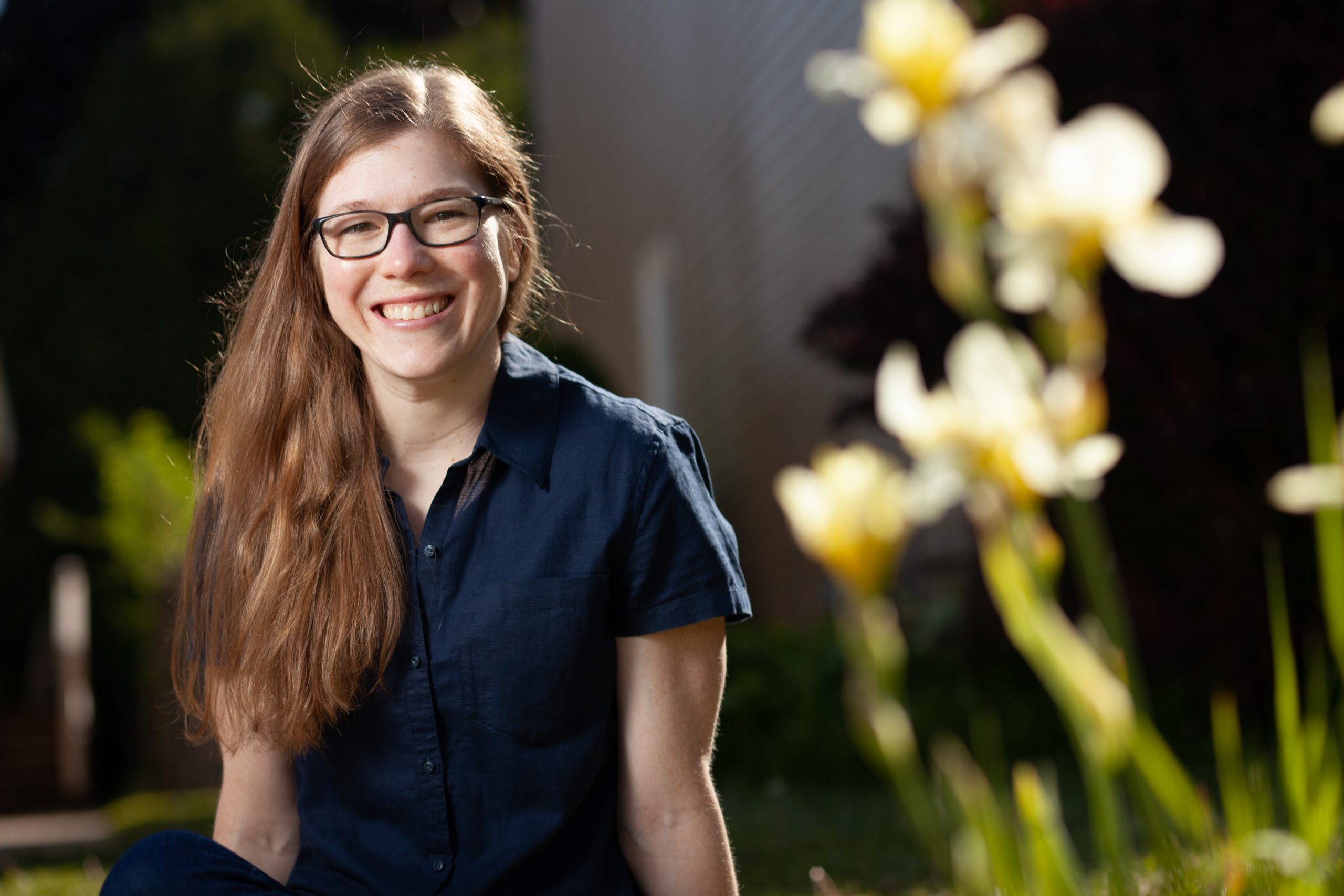Sprott Business Student Wins Prestigious Vanier Award
“Everyone deserves to feel safe when they are at work, and precariously employed individuals are no exception.”
—PhD Candidate Chelsie Smith, Sprott School of Business
PhD Management Student Chelsie Smith is researching the reactions employees have and the actions they take after they have been mistreated at work, with a special focus on whether or not they report the incident.

She says that speaking up about mistreatment is inherently risky and leaves those who have been targeted vulnerable to both psychosocial and work-related repercussions.
Smith is one of two Carleton University students to win a Vanier Graduate Student Scholarship this year. This extremely prestigious scholarship is awarded to Canadian PhD students who conduct exceptional research. It is valued at $50,000 per year for three years during a student’s doctoral studies.
Smith says precariously employed individuals are more likely to be mistreated and less likely to report mistreatment, so there is a strong risk for psychological harm.
Says Smith: “My research aims to help mistreated employees in these circumstances reclaim some control over their situation and well-being. My interest is in improving outcomes for those who are in precarious working situations; that is, those who are low-income, facing job insecurity, and have little control over their work environment. It is important to make sure that these employees have the information they need to voice in the safest way possible, or resources to turn to if they deem voice to be too risky.”
Smith shares that she first became interested in studying this area because she herself experienced “rather egregious sexual harassment in my own workplace and had great difficulty navigating the reporting process.”
At the time, Smith said she placed much of the blame for this on herself. “Through my research, I have come to learn that my experience is by no means unique – a disheartening fact that sparked a desire to seek broad-scale solutions. No one should have to endure the experiences that I went through, so if I can help to prevent those experiences or to empower others in any way, my past challenges and current efforts will all have been worth it to me.”

Smith is hoping that the Vanier award will help to showcase her research and lead to fundamental changes that will ensure decent working conditions for all employees, no matter their background or field of work. “Receiving the award has provided me with strong validation of the worthiness of this stream of research, so I hope to make the most of this endorsement and to incite much needed progress as a result.”
Smith notes that her supervisor, Sprott Prof. Angela Dionisi, has been integral to her growth as a researcher. “Under her guidance, I have been encouraged to ask questions that centre my own interests, which has led to a fervent passion for my research topics. I believe that my research can and will serve to benefit Canadian employees, and I have Dr. Dionisi to thank for fostering and reinforcing that belief.”
Currently, Smith is completing her PhD in Management specializing in Organizational Behaviour. She said her previous degrees helped her gain an insight into industrial and organizational psychology but she wanted more business knowledge. She says her PhD program “has basically given me the knowledge I need to “zoom out” and see the bigger picture; to better understand the structural and social causes that lead individuals within organizations to act (and react) the way that they do in modern-day workplaces.”
She is appreciative of the support she has received from her classmates. “In our program, students come from a wide variety of academic and cultural backgrounds, and I have been immensely privileged to learn from each of them. They have led me to recognize that my scope of knowledge was more narrow than I initially believed. It is wonderful to feel as though I belong to a team of students who are moving together towards common goals.”
In the future, the PhD candidate hopes to contribute towards a world in which workplace mistreatment has been entirely eradicated. “Though I understand this is unlikely to occur during my own lifetime and that progress will be incremental, this does not preclude me from devoting my energy and life’s work towards this end.”
“Eradicating mistreatment will require action at each level of the social system – from legislative change, to shifts in industry and organizational culture, to collective activism both within and beyond workplaces, to the actions of individuals (including leaders, bystanders, and targets themselves). As such, understanding both the need to, and the mechanisms for, engaging stakeholders at each of these levels is integral to achieving this vision.”
The second Carleton Vanier Award recipient is Andréanne Veillette, an incoming PhD student in Ethics and Public Affairs (EPAF).